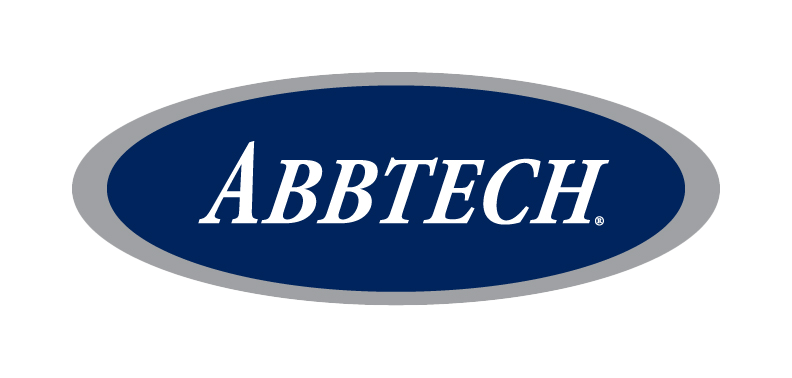You’ve polished your resume, nailed the interviews, and negotiated a competitive salary—but have you considered whether you’ll actually enjoy showing up to work every day? For early-career professionals, and tech candidates, finding the right workplace culture can make the difference between a job you tolerate and a career you love. Yet, many focus primarily on… Continue reading Looking for More Than a Job? Why Culture Fit Matters
Tag: Job Interview Tips
Negotiating Strategies to Consider Before Accepting Any Job Offer
In this blog, we’ll discuss the importance of salary negotiation and review strategies you should consider before accepting any job offer.
Engaging and Unexpected Questions to Ask Your Interviewer
You want your job interview to be a success. This requires you to plan ahead for your interview. You want engaging and unexpected questions to ask your interviewer at the end of your interview. Ultimately, there are several engaging and unexpected questions to ask that can help you stand out in a job interview. These… Continue reading Engaging and Unexpected Questions to Ask Your Interviewer



